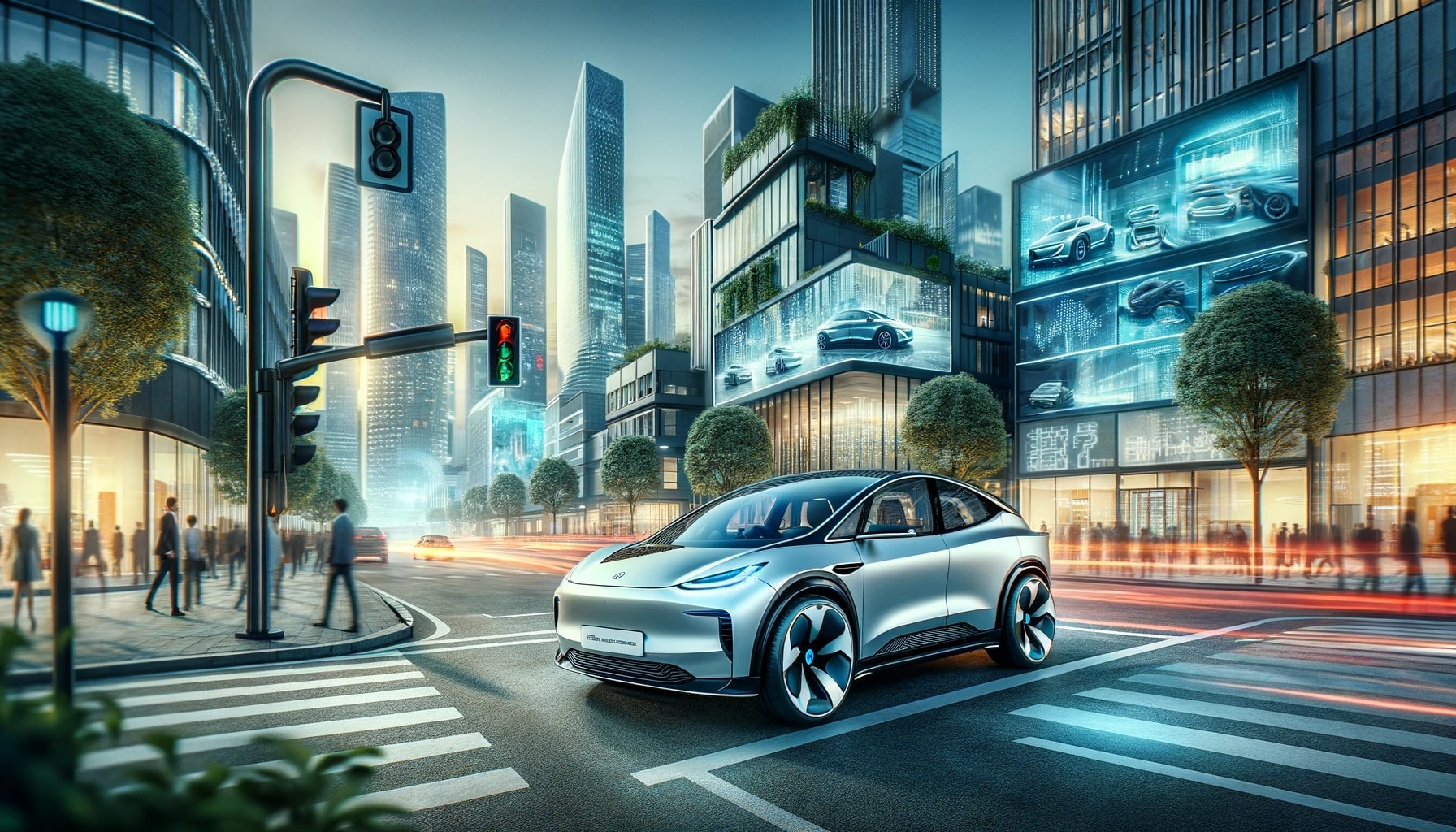Elon Musk, the CEO of Tesla, recently made an unexpected visit to Beijing, diverging from his usual destination in Shanghai where Tesla’s Gigafactory is located. This visit is of particular interest as it highlights Tesla’s ongoing initiatives and strategic engagements within China’s competitive electric vehicle (EV) market. As the landscape of global electric vehicles evolves, this maneuver by Musk could signal significant developments for Tesla in the Asian market.
Musk’s journey was closely monitored, with his arrival in Beijing surprising many observers. Unlike his regular trips aimed at operational oversight at Tesla’s Shanghai plant, this visit involved high-level meetings with Chinese officials. These encounters underscore the critical nature of Tesla’s operations in China, amid the country’s push towards electrification and stringent data handling norms for foreign companies.
Why Did Musk Visit Beijing?
Speculations suggest that Musk’s visit could be related to Tesla’s future sales strategies or technological launches such as the Full Self-Driving (FSD) system in China. His engagements with Chinese officials could be crucial for securing necessary approvals or fostering governmental relationships, essential for Tesla’s business operations in a country that is not only the largest market for electric vehicles but also a landscape of intense regulatory scrutiny.
What Could This Mean for Tesla?
The timing of Musk’s trip coincides with recent developments where Tesla and other car manufacturers reportedly met the regulatory data processing requirements in China. This compliance is pivotal for Tesla as it could affect the deployment of its advanced driver-assistance systems like FSD in China, potentially giving Tesla a competitive edge in the market.
How Does This Impact the Global EV Market?
Tesla’s advancements in China, including potential launches or updates, could significantly influence the global electric vehicle market. China’s position as a leader in EV adoption makes it a critical area for Tesla to maintain and expand its influence. Successful navigation of Chinese industrial and trade policies could serve as a bellwether for Tesla’s operations in other markets globally.
Tesla’s operations in China and its interactions with the government have always been pivotal. Historically, the Chinese market has served as a complex yet rewarding landscape for foreign automobile manufacturers. Tesla’s strategic maneuvers, including the establishment of the Gigafactory in Shanghai, have been key to its success in the region. The ongoing interactions with Chinese officials, as seen with Musk’s latest visit, are likely part of a broader strategy to bolster Tesla’s presence and ensure compliance with Chinese regulations, which have tightened in recent years concerning data security and technology transfers.
The impact of Tesla’s strategies in China has been discussed comprehensively in various publications. For instance, in the article “Tesla’s Global Strategy” by Forbes, Tesla’s approach to navigating complex international markets is explored. Similarly, Bloomberg’s article “Tesla in China: A Business Model for Success?” discusses how Tesla adapted its business model to fit Chinese industrial policies and consumer preferences. Both articles highlight the significance of strategic planning and local adaptations in Tesla’s international operations.
Further insights into Tesla’s technological endeavors, particularly in autonomous driving, are provided in a scientific paper titled “Autonomous Vehicles and Regulation: A Study on the Impact of Technology on Society” published in the Journal of Auto Innovation. This paper discusses the regulatory challenges and societal impacts of autonomous driving technologies, emphasizing the importance of strategic regulatory compliance and public acceptance.
Key Takeaways from Musk’s Visit
- The visit could accelerate Tesla’s FSD approval in China.
- Strengthening government relations is crucial for Tesla’s success.
- Regulatory compliance in China remains a top priority for Tesla.
Elon Musk’s unexpected visit to Beijing rather than Shanghai, where Tesla’s major operational base is located, hints at crucial strategic moves aimed at cementing Tesla’s presence and ensuring compliance within the Chinese market. His meetings with top officials could pave the way for the upcoming launches and possibly expedite the approval processes for new technologies like FSD. The outcome of these discussions could not only influence Tesla’s business in China but also set a precedent for its operations in other international markets.










